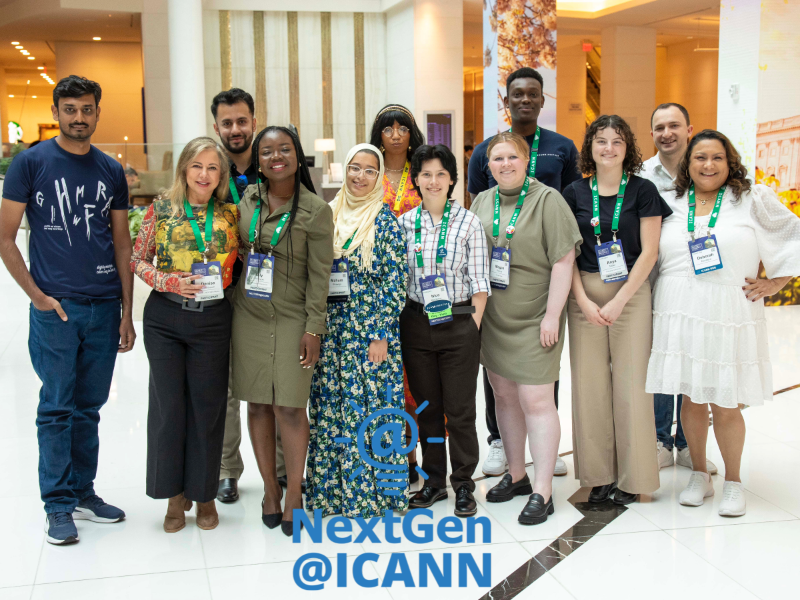- ICANN is currently seeking applications for the NextGen@ICANN Program, targeting university students aged 18 to 30 in the Asia Pacific region interested in the future of the internet.
- The ICANN81 annual general meeting is slated for November 9-14, 2024, in Istanbul, Turkey, with the NextGen@ICANN Program set to be conducted online alongside it.
- The application deadline for NextGen@ICANN for ICANN81 is May 17, 2024, with the selected candidates set to be announced on July 12, 2024, providing university students with an opportunity to gain insights into ICANN’s role in internet governance.
The Internet Corporation for Assigned Names and Numbers (ICANN) is inviting applications for the NextGen@ICANN Program.
NextGen@ICANN Program applications open
ICANN is reaching out to university students aged 18 to 30 in the Asia Pacific region who have an interest in the future of the internet to participate in ICANN81 meeting.
The ICANN81 annual general meeting is scheduled to take place from November 9 to 14, 2024, in Istanbul, Turkey, while the NextGen@ICANN Program will be conducted online.
The deadline for ICANN81’s NextGen application is May 17, 2024. The ICANN website will disclose the selected candidates on July 12, 2024.
Also read: ICANN 79 review: Shaping the future of internet governance
What is NextGen@ICANN?
The NextGen@ICANN Program offers university students insights into ICANN’s role in internet technical governance and the multistakeholder model. Participants can engage in immersive sessions covering key topics like the internet ecosystem, governance, and policy development at ICANN.
Also read: ICANN announces details for Asia Pacific Domain Name System Forum 2024
The ICANN Public Meetings and NextGen@ICANN occur concurrently. Six weeks prior to ICANN81, participants must engage in courses and presentations, culminating in the preparation of a 10-minute presentation to be delivered during the meeting.
ICANN, founded in 1998, serves as a nonprofit organization dedicated to guaranteeing the stability, security, and unity of the global Internet.
Its primary function involves coordinating unique identifiers, such as domain names and IP addresses, ensuring that computers can effectively locate each other across the vast network.

